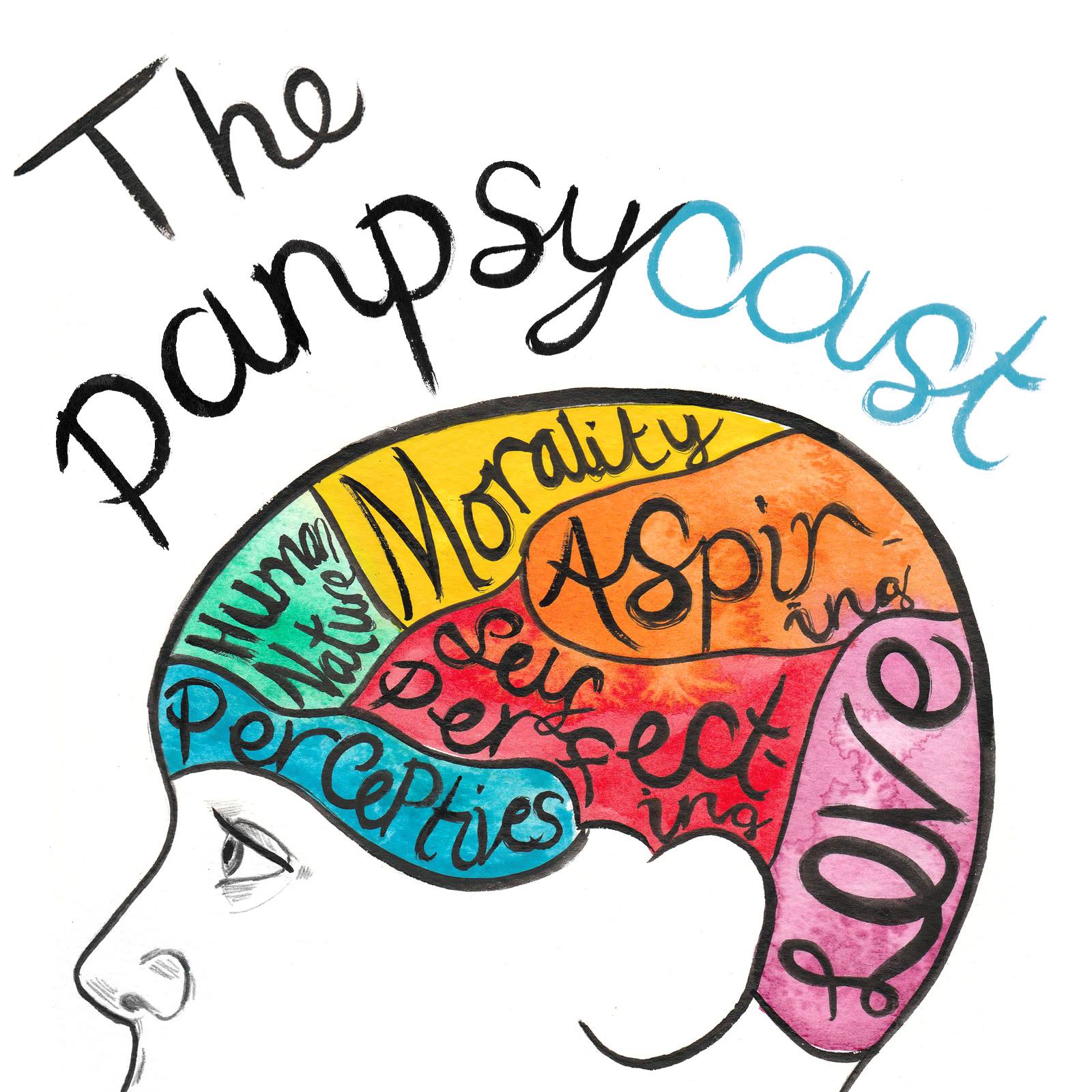Welcome to 'Episode 60 (Part I)', where we'll be introducing Albert Camus and The Fall.
Hello good sir! If you do not mind me saying, you look as if you’re in limbo.
Lost? It might please you to know that most of the tourists, and the locals for that matter, don’t know where they’re heading in these parts.
If I could be so bold as to make an assessment, I would take you for the sophisticated type but with a little bit of an edge? Your smile says it all. Nothing wrong with indulging in the simple things in life every now and then.
Do you see that bar over there? Yes, the one with the peculiar name. Mexico City, here in Amsterdam. You’ll likely find one or two characters in that place; the brute who runs the place for instance. On a good night, you can end up in the type of conversation which only drunken stranger can have – putting the world to rights. On an even better night, you might learn something about yourself.
Intrigued? I knew you were an adventurous sort the moment I lay eyes on you. Enjoy your time here in Amsterdam. No better place in the world for a bit of escapism! The only problem some have is not being able to escape the thought of it after they visit! What? Oh, I meant nothing by it. A slip of the tongue.
Before you leave, can I make one final suggestion? I’d take the coat off if I were you. This place can get a lot hotter than limbo if you catch my drift…
The file size is large, please be patient whilst the podcast buffers/downloads/jumps of a bridgeContents
Part I. Introduction.
Part II. The Plot.
Part III. The Meaning.
Part IV. Further Analysis and Discussion.

